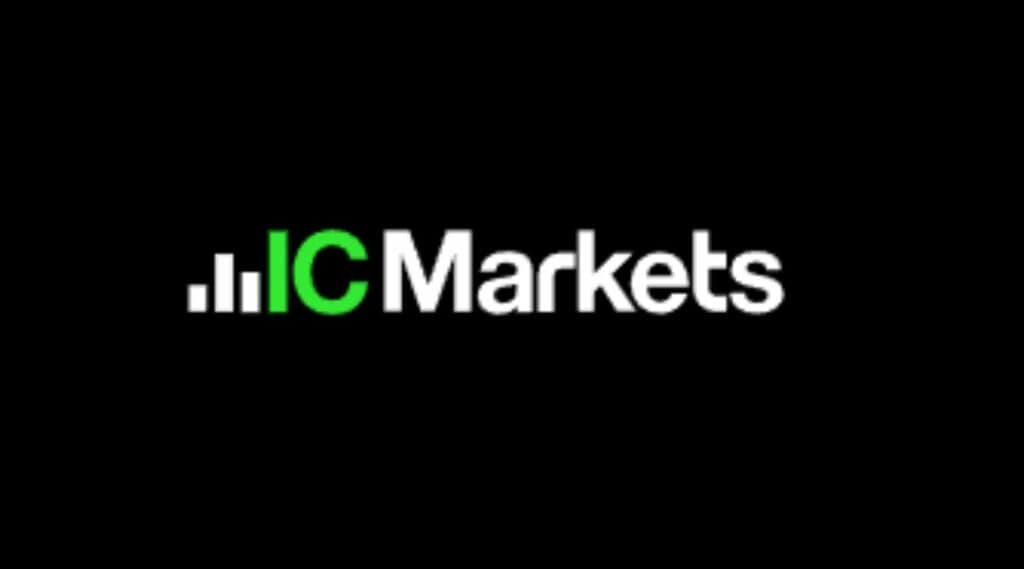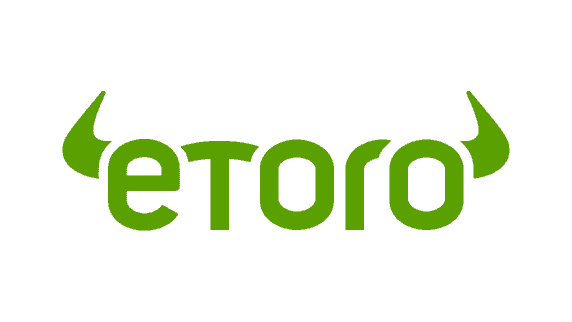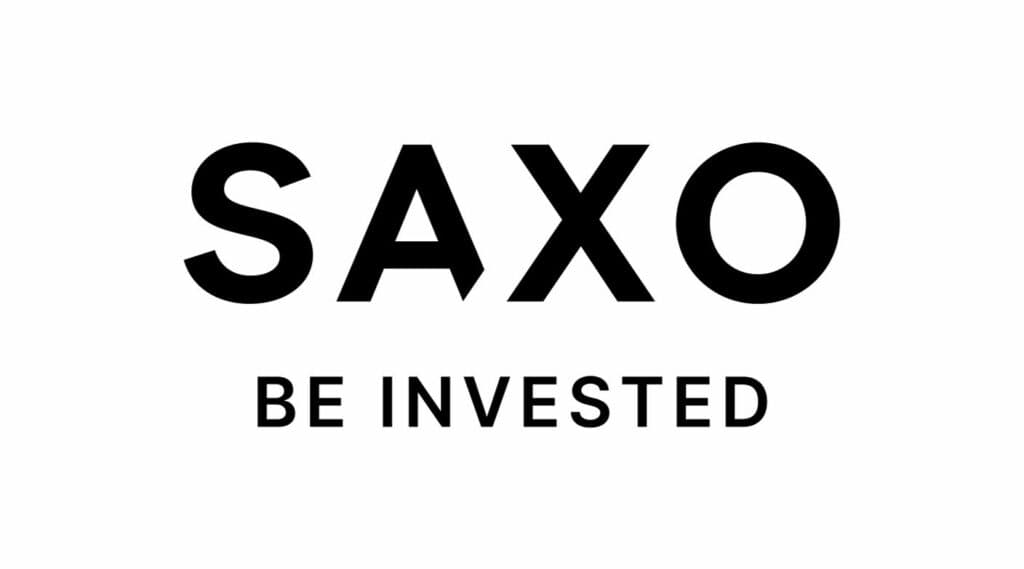
In a significant move that is set to reshape the landscape of online trading, TradingView has announced a strategic partnership with Spotware, an international technology provider. This collaboration is aimed at enhancing the frontend and backend capabilities of both companies, paving the way for increased broker integrations.
Spotware, known for its extensive experience in delivering robust trading solutions, operates globally with over 150 employees across more than ten countries. The company has established a vast network of partners, leveraging its technology to improve credibility and expand market share.
At the heart of Spotware’s offerings is cTrader, a renowned trading platform that supports over 200 brokers worldwide and is trusted by millions of traders. cTrader is celebrated for its user-centric design and commitment to providing premium trading experiences, reflecting Spotware’s dedication to catering to the needs and preferences of traders.
The new partnership will focus on seamlessly integrating the cTrader backend with TradingView’s frontend, streamlining the process for brokers using Spotware’s technologies to connect with TradingView’s extensive trading community. This integration is expected to facilitate growth and expansion for brokers, allowing them to tap into a dynamic and engaged trading audience.
Both TradingView and Spotware have expressed their enthusiasm about the partnership, emphasizing their shared commitment to delivering high-tech, integrated solutions that not only meet the evolving demands of traders but also promote the growth of global broker partners. This collaboration marks a significant step forward in their mission to create a more interconnected and efficient trading ecosystem.









